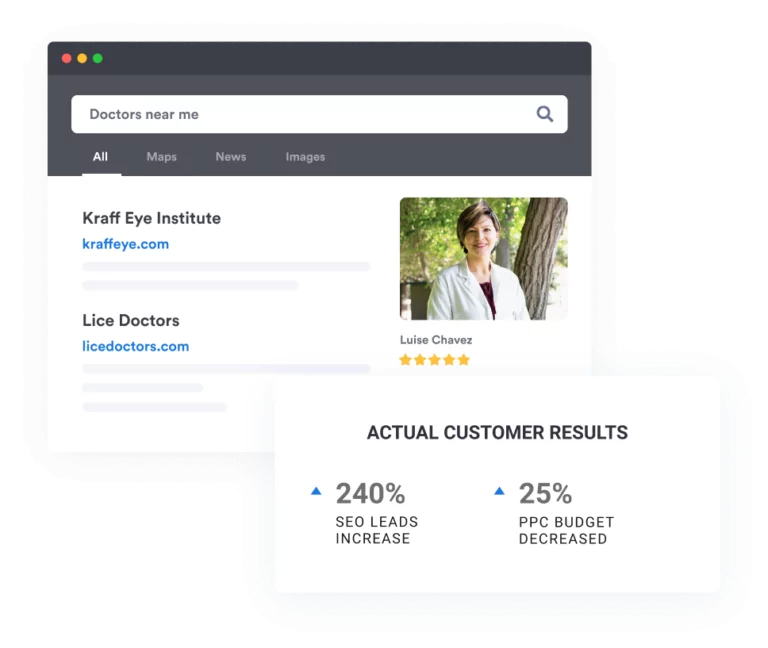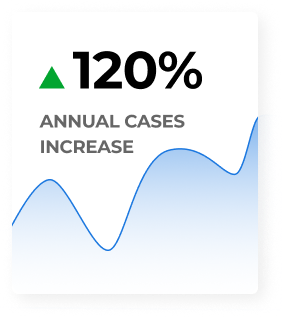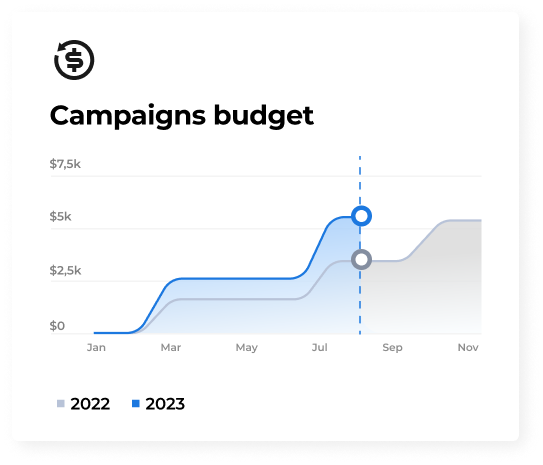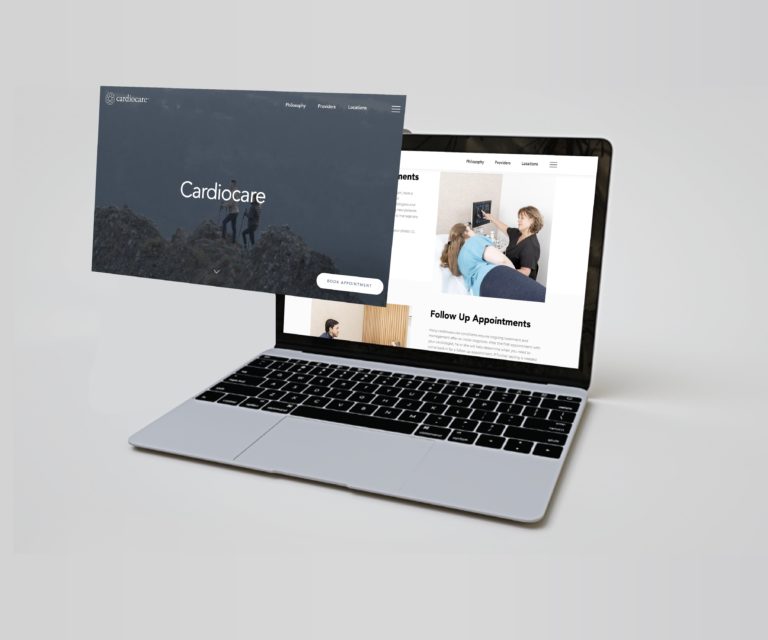7 Healthcare Marketing Strategies for Growing Your Medical Practice in 2024
From diverse specialty areas to geographic location, size, patient profiles, and competition, each healthcare provider is unique. With this in mind, it’s imperative that your medical practice leverages a digital marketing plan specifically tailored to your unique metrics and market landscape.
1. Strategic Healthcare Digital Marketing Plans That Deliver Results

Each of our digital marketing campaigns for healthcare providers begins with a full analysis of the practice, market environment, patient personas, and more. We’ll examine your practice’s current online footprint, website performance (if you have an existing site), and budgetary needs.
From this data, we develop a plan to grow your patient roster and revenue, employing at least one if not all five of the following powerful strategies to grow your revenue.
2. Medical Website Design Optimized for Conversions
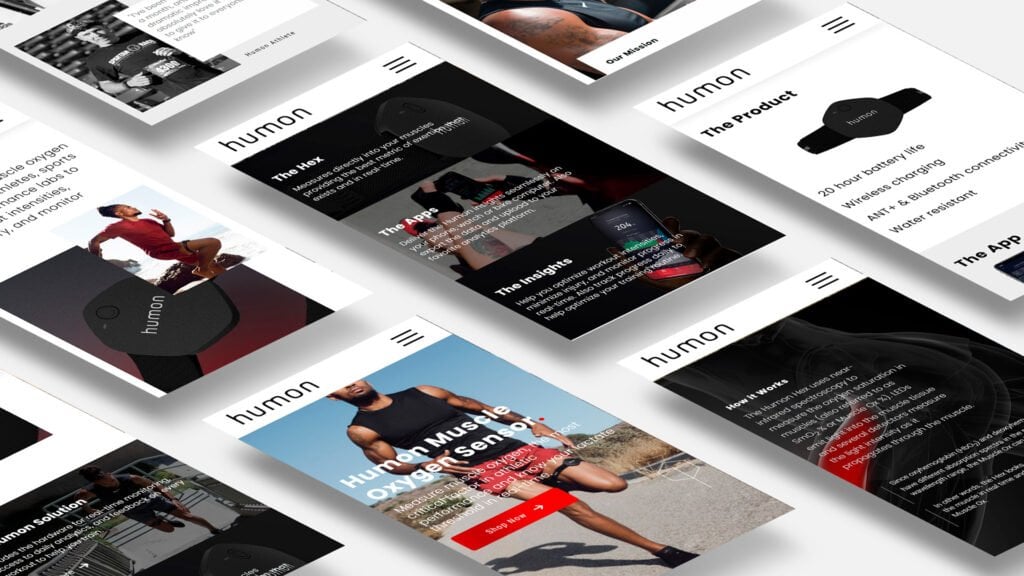
The foundation of your medical practice is your website. How does it perform? Does the aesthetic engender trust in your current and prospective patients? Does it load quickly and render seamlessly on mobile devices? Is there helpful information on your website that helps deepen the patient-practice relationship? Are appointments easy to book online? Does your website offer your staff the tools it needs to manage your internal processes effectively and efficiently? All of these questions are rooted in how well your website is built and performs. And these questions need to be satisfied to ensure your practice the best chance of success.
Since 2008, we’ve been designing and developing medical practice websites that offer our clients a strong foundation for all of their marketing efforts, engender trust and loyalty in their current and prospective patients, and make their staff’s lives a whole lot easier, too.
3. Healthcare SEO
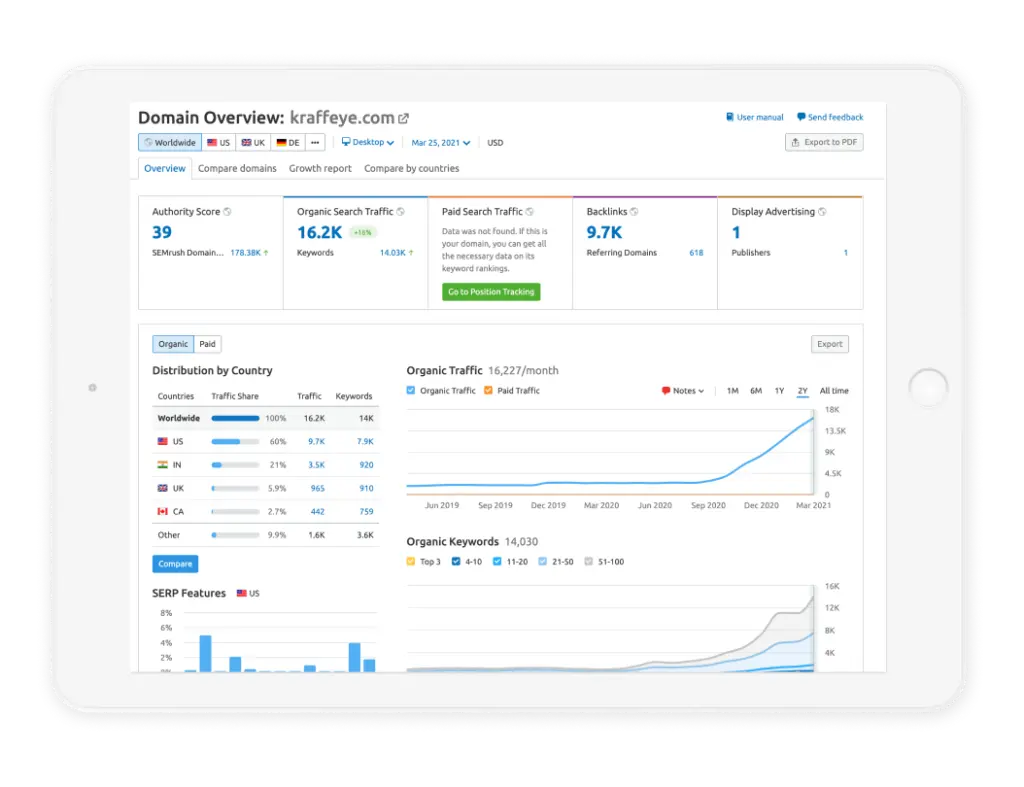
Search Engine Optimization, or SEO, is a critical part of any healthcare practice’s marketing strategy as most prospective patients will choose their providers online. Nearly 90% of people under 40 and 75% of all prospective patients will choose a medical practice that is easily findable via a web search and has a solid online reputation.
Healthcare SEO and medical digital marketing can take many forms, from content marketing to web pages, service descriptions to online reviews. Our healthcare marketing strategy encompasses all aspects needed to improve your medical practice marketing results. All of this content enhances a medical practitioner’s search engine rankings locally and nationally and will drive organic traffic and, in turn, prospective patients. Best of all, SEO yields a steady and high return on investment.
When searching for a healthcare marketing agency, it’s important to vet the team behind your project. Our SEO experts are versed in the latest Google search algorithms and understand precisely the type of SEO best suited to your individual medical practice.
4. Expert Healthcare Content Makes for Powerful Marketing
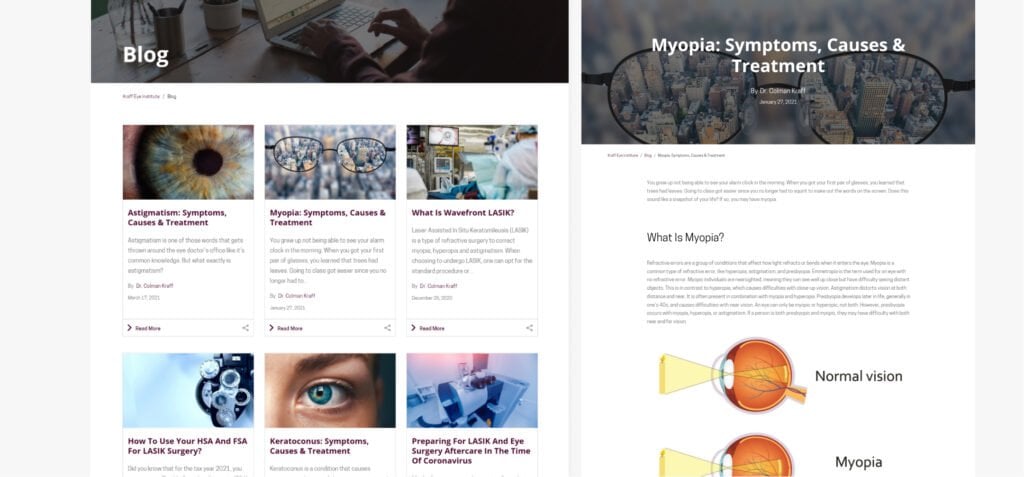
To be successful, your website must leverage several types of content including but not limited to service pages, blog articles, resources and tips, expert guides, and more. The greater the amount of fresh content on your site, the more valuable your practice is deemed by prospective patients as well as Google search algorithms. The more value Google ascribes to your practice, the higher it ranks your website. Thus, a critical component of SEO is content marketing.
With demand for your services ever-increasing, medical teams often have very little time to manage the day-to-day operations of their practices let alone have time to craft compelling content. What’s more, while you may be a practitioner at the top of his or her game, medical content marketing is a unique form of writing that comprises many layers of strategic development and SEO framework. Luckily, Comrade has an in-house team dedicated to crafting expert healthcare content that will convey not only your practice’s expertise but will also yield proper marketing results and high ROI. Our healthcare content marketing strategies employ effective copywriters, subject matter experts, and editorial processes that ensure success.
5. Healthcare PPC & Digital Advertising Services

A fast-acting, powerful complement to SEO, PPC and retargeting campaigns are effective in generating medical practices an infusion of new patients and spur existing patients to return. Consider the fact that 85% of people use the Internet to search for local businesses including healthcare practices. What’s more, statistics also indicate that brand awareness can be increased up to 80% with Google paid ads. PPC is also highly cost-effective, typically generating a staggering 200 percent ROI.
Your medical practice will reap tangible gains from a PPC campaign from roughly the 30-day mark, but the longer a campaign runs, the more effective it becomes. The best part is, you are only charged once an ad is clicked, making PPC and retargeting campaigns an efficient and cost-conscious way of advertising your healthcare practice.
Our PPC advertising experts have been honing effective advertising strategies for healthcare practices and businesses for more than 12 years, ensuring clients receive the highest return on investment and achieve their full growth potential.
6. Medical Practice Reputation Management
Positive online reviews are paramount in an industry so reliant on reputation. For a medical practice, even one negative review can turn off a prospective patient. Our strategic and effective reputation management solutions are designed for healthcare practices around the country seeking an exemplary online footprint.
7. Social Media Marketing for Doctors
Instagram, LinkedIn, Twitter, Yelp, and Facebook may have a potential place in a healthcare practice’s marketing arsenal. For instance, a dental practice wishing to showcase a popular teeth whitening service would be well served by a presence on Instagram. Other healthcare practices may find Facebook a more useful platform. Whatever your specialty area, our team will suggest which social media channel to leverage for the benefit of your healthcare practice.


